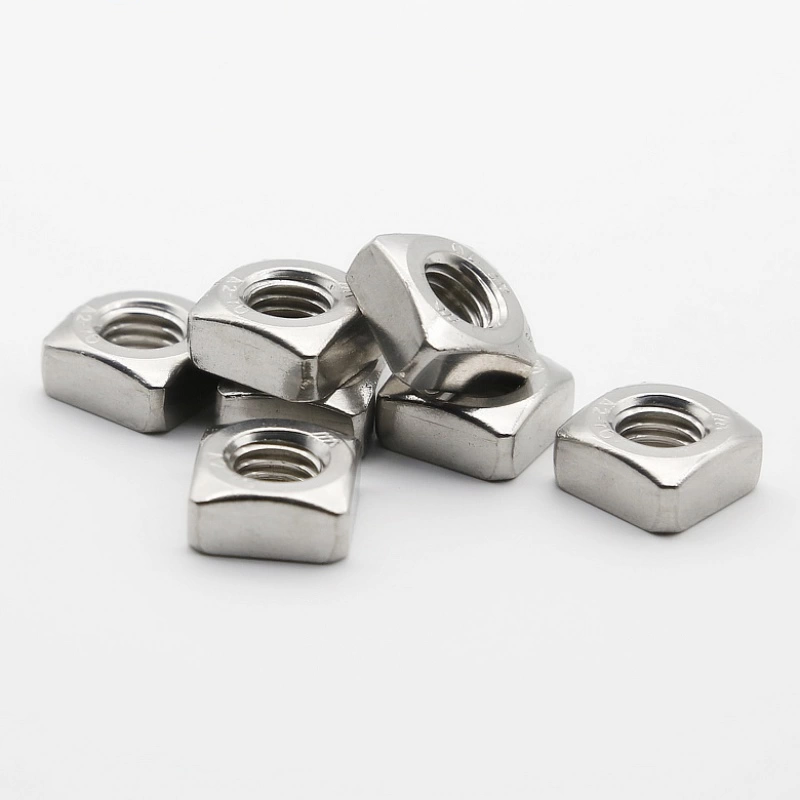

Coated Self-Tapping Screws for Enhanced Durability and Performance in Various Applications
Nov . 09, 2024 01:17 Back to list
Coated Self-Tapping Screws for Enhanced Durability and Performance in Various Applications
Understanding Coated Self-Tapping Screws Features, Benefits, and Applications
Self-tapping screws are essential fasteners in various industries, known for their unique ability to create their own holes while being driven into materials. Among these, coated self-tapping screws are particularly noteworthy due to their enhanced performance attributes and versatility. This article delves into the key features, benefits, and applications of coated self-tapping screws, highlighting their significance in modern construction and manufacturing.
What are Coated Self-Tapping Screws?
Coated self-tapping screws are conventional self-tapping screws that have undergone a specialized coating process. This coating can be made of various materials, such as zinc, nylon, or other protective compounds, which provide additional benefits compared to standard screws. The primary purpose of the coating is to improve resistance to corrosion, enhance aesthetic appeal, and increase durability in various environmental conditions.
Key Features
1. Corrosion Resistance One of the most significant advantages of coated self-tapping screws is their enhanced resistance to rust and corrosion. This quality is crucial for outdoor applications or in environments with moisture, chemicals, or other corrosive agents. The coating acts as a barrier, protecting the metal from oxidation and prolonging the life of the screw.
2. Variety of Coatings Depending on the specific needs of a project, various coatings can be applied to self-tapping screws. For instance, zinc plating provides a basic level of corrosion resistance, while more advanced coatings such as epoxy or powder coating can offer superior protection and color options for aesthetic integration.
3. Versatility Coated self-tapping screws are available in a range of sizes and thread configurations, making them suitable for different materials, including wood, metal, and plastic. This versatility allows for their application across several industries, from construction and automotive to electronics and furniture manufacturing.
4. Easy Installation Like standard self-tapping screws, coated variants can easily penetrate materials without the need for pre-drilling. This feature significantly reduces installation time and labor costs, making them ideal for large-scale projects.
Benefits
coated self tapping screws

1. Extended Longevity The protective coatings on self-tapping screws significantly extend their service life, which can lead to lower maintenance costs and fewer replacements over time.
2. Improved Performance Coatings can enhance the screws' grip and holding power, making them more effective under various loads and conditions. This reliability is critical in applications where structural integrity is paramount.
3. Aesthetic Appeal With various coating options available, coated self-tapping screws can match the aesthetic requirements of a project, providing a polished finish that enhances the overall appearance of installations.
4. Cost-Effectiveness While coated self-tapping screws may have a slightly higher upfront cost than their uncoated counterparts, their durability and performance often lead to overall savings in maintenance and replacement costs.
Applications
Coated self-tapping screws are used in diverse applications. In construction, they facilitate the assembly of structures where exposure to harsh weather conditions is a consideration. In the automotive industry, they are used for securing panels and components, where corrosion resistance is essential for safety and performance. Additionally, in the electronics sector, these screws are utilized due to their ability to offer secure fastening without the risk of loosening over time.
Conclusion
In summary, coated self-tapping screws represent a significant advancement in fastener technology, combining the foundational advantages of self-tapping screws with the added benefits of protective coatings. Their corrosion resistance, versatility, and aesthetic appeal make them a preferred choice in a wide range of industries. As businesses and projects seek reliable and efficient fastening solutions, coated self-tapping screws are poised to play an increasingly vital role in construction and manufacturing.
Exploring the innovation behind coated self-tapping screws reveals not just a simple fastening solution, but a tailored approach to addressing the challenges of modern engineering and design. Whether for residential projects or industrial applications, these screws continue to redefine standards in fastening technology.
Latest news
-
Premium Self Tapping Metal Screws: Strong & Easy Install
NewsAug.02,2025
-
Premium Fasteners Manufacturer | AI-Driven Solutions
NewsAug.01,2025
-
Hot Dip Galvanized Bolts - Hebei Longze | High Strength, Corrosion Resistance
NewsAug.01,2025
-
High-Strength Hot Dip Galvanized Bolts - LongZe | Corrosion Resistance, Custom Sizes
NewsAug.01,2025
-
Best Self Tapping Screws for Drywall - Fast & Secure Installation
NewsJul.31,2025
-
High-Strength Hot Dip Galvanized Bolts-Hebei Longze|Corrosion Resistance&Customization
NewsJul.31,2025

